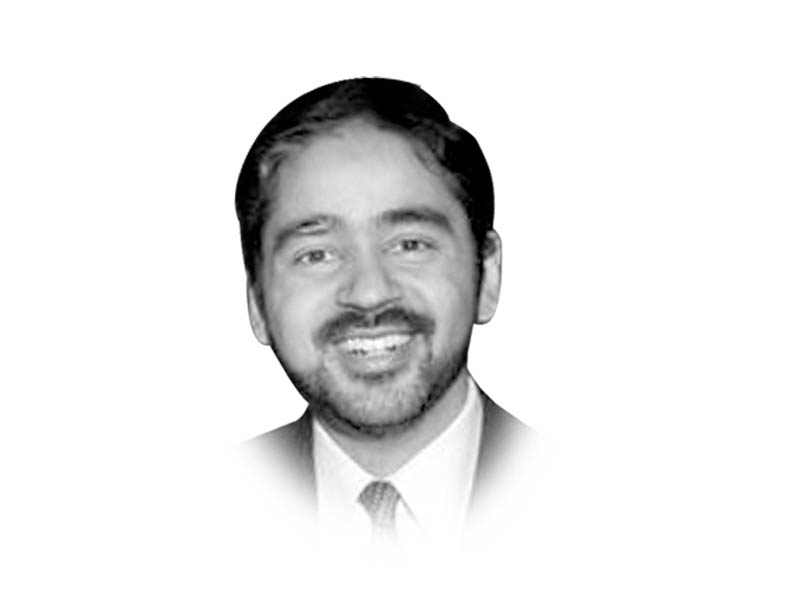
Our whole notion of creating tolerance, which is desperately needed and has been made a central theme of bridging our sectarian divide, is meaningless if we are unable to tolerate even a question that may take us out of our comfort zone. Recent events, including an unfortunate one at the National Institute of Historical and Cultural Research, where the head of the institute was sacked unceremoniously by the vice chancellor of Quaid-e-Azam University for merely suggesting that we should research the roles of regional and nationalist leaders to fill missing links in our ‘official’ history, paint a dark picture of our academic freedom. This remark by the senior historian was, apparently, seen as being anti-Pakistan by some circles and he was promptly removed from his position as the director of the National Institute. Colleagues at other universities have also mentioned incidents when faculty have been removed for merely analysing scenarios, or suggesting alternative hypotheses that go contrary to the official narrative of the government, military or other powerful institutions in the country. The very nature of academia demands inquiry, curiosity and analysis and by imposing arbitrary, contradictory and stifling barriers, we are not building a nation, we are only burying our heads in the sand. The only criteria of excellence should be the quality of scholarship and analysis, and not the synergy of the question with the official position.
Here, the reform is needed at multiple levels. First, the university administration has to take a hard line against external powers and demand independence for their faculty. The Higher Education Commission or other organisations should not dictate how anyone thinks or views a particular area of research. While this is easier said than done, we can no longer afford to sacrifice our values at the altar of convenience and pragmatism. The university administration has to realise that the long-term viability of scholarship and academia is going to come from rigorous research, and not by towing the party line that has little to do with scholarship. Should the university administration decide, as it should, to empower the faculty, it will realise that internal strength, through full support of faculty and researchers across the spectrum of disciplines, will be far more empowering than supporting external pressures.
Second, it is ironic that while we in Pakistan have been gradually moving towards the US model of the four-year undergraduate education and consider the US as a strong example of research infrastructure, we are unwilling to consider the most fundamental of tenants of US higher education: a tenure system that provides faculty with the freedom of thought, expression and inquiry. Any discussion of tenure or stability ends immediately with the typical ‘our ground realities are different’ argument. Indeed, our realities may be different, but that has nothing to do with providing our scholars with the safe space to carry out their work without the threat of losing their job as a reward for asking a question.
Finally, and most importantly, we need to recognise that research is not always convenient. It is inherently a messy business, but an endeavour that is absolutely critical to our long-term growth and sustainability as a vibrant society. Just because people liked to believe that earth is the centre of the universe, it did not make it so. It is up to us now. We can choose the side of the church or that of Galileo.
Published in The Express Tribune, December 29th, 2015.
Like Opinion & Editorial on Facebook, follow @ETOpEd on Twitter to receive all updates on all our daily pieces.












































COMMENTS (2)
Comments are moderated and generally will be posted if they are on-topic and not abusive.
For more information, please see our Comments FAQ